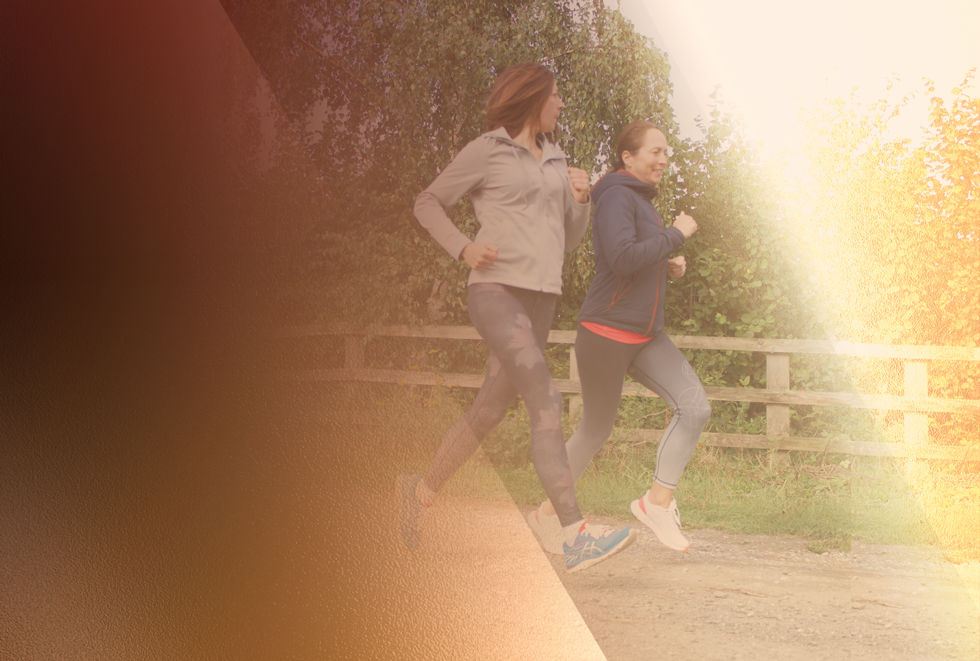Ever wondered if self-reflection is just a bit too self-indulgent?
- rtopps6
- Aug 1, 2024
- 3 min read

Here’s the start of a monthly newsletter designed to bring inspiration into your life (hopefully). To kick things off I want to get philosophical and dive into the practice of self-reflection. I’ve realised we often prioritise everything else before dedicating time to ourselves. But why is self-reflection important, and how can it benefit us?
For me, self-reflection means taking a moment to meditate or seriously think about my character, actions, and motives. It's about stepping back and examining my life, behaviour, and beliefs. Without reflection, we just keep moving forward, often without considering whether we're spending time on what truly matters to us. It's something we do in our professional lives, so why not do it for ourselves personally?
Reflecting has allowed me to see what’s working and what’s not. It helps me figure out how I could do things differently instead of just blindly carrying on. How could life be better? When we get caught up in the treadmill of life, it's easy to lose perspective and end up feeling tired and burnt out. That’s when self-care becomes crucial. Making decisions to do little things for ourselves daily can really help. But what exactly can we do?
First, I realised the importance of understanding how stress and tiredness affect our performance, not only in the gym but in our everyday lives too. The science behind this, particularly the biology, is admittedly a little boring but helpful to understand. We all know the human body has a nervous system, but how much do we know beyond that, and how does it all fit together?
Our nervous system helps all parts of the body communicate with each other. It's connected to the brain and runs down the spinal cord, responding to our environment to keep the body ticking over. We can divide the nervous system into two groups: the parasympathetic and sympathetic systems. Why is this important to know?
The parasympathetic system, also known as the "rest and digest" system, is activated when we’re relaxed, and our heart rate is low. This state is crucial for recovery, allowing our bodies to restore and recuperate, which is fundamental for making progress with training and having the energy to tackle everyday tasks. That's why good quality sleep is so important.
The sympathetic system, or the "fight or flight" response, is triggered by stress. It raises our heart rate and releases adrenaline, giving us a burst of energy. In prehistoric times, this response was necessary for survival. Nowadays, although we don’t face immediate threats like a T. rex, modern stresses can still trigger this response, leading to prolonged stress that negatively affects the body.
To prevent chronic stress and maintain balance, I’ve found some simple tactics that work for me:
Being mindful of caffeine and alcohol intake, as both are stimulants that can affect sleep quality and increase cortisol levels (the stress hormone).
Writing my thoughts down to clear my head. It's scientifically proven that processing information by putting pen to paper leads to higher-level thinking and more focused action.
Nailing the basics like drinking enough water, getting enough sleep, reducing stress, and prioritising exercise.
Additionally, I ask myself some simple questions each week to reflect on:
How did this week go?
What went well?
What didn't go so well?
What would I do differently?
I’d love to hear your thoughts. If you have any questions or comments, please share them with me. Your opinions matter.

Comments